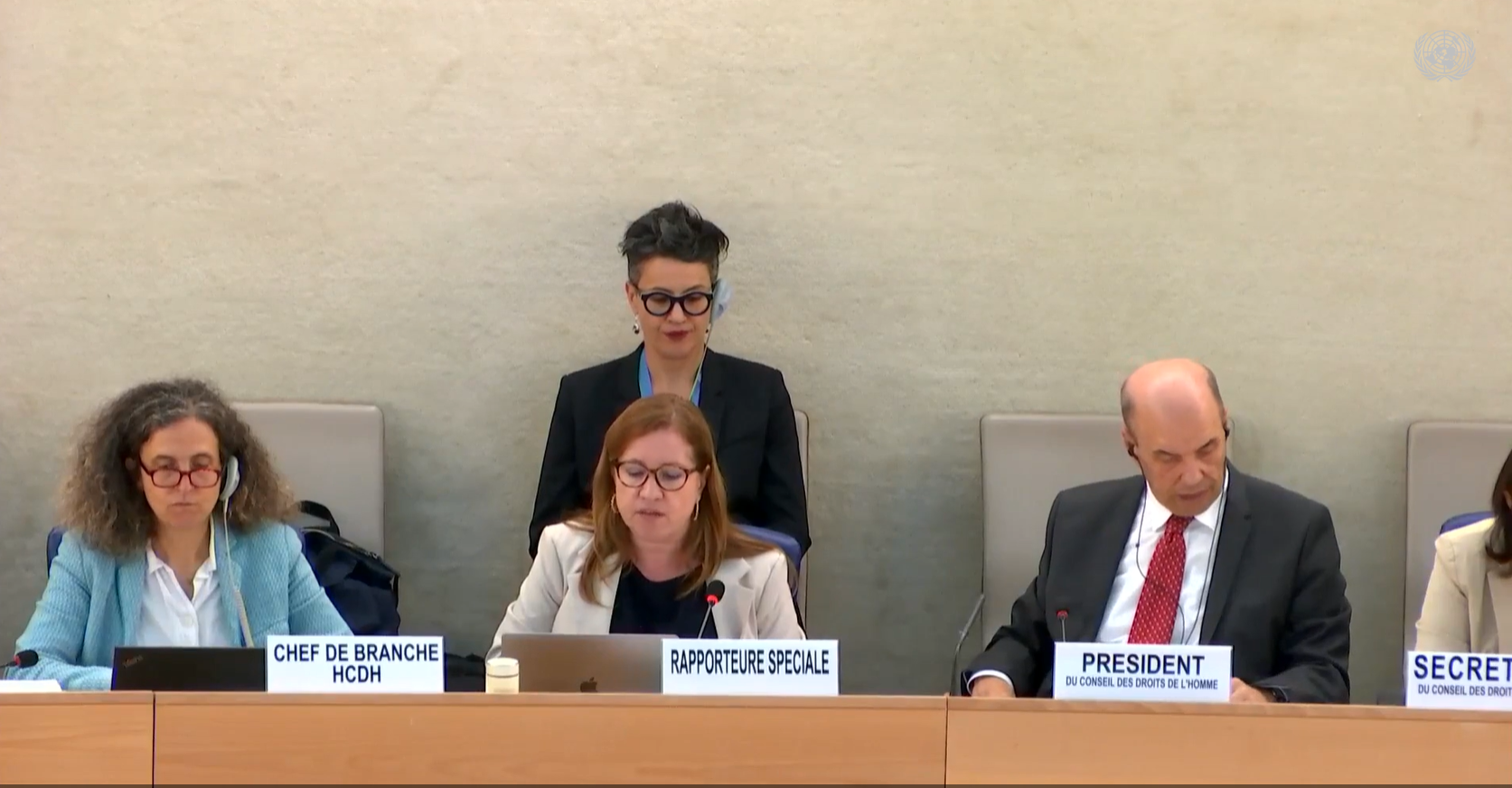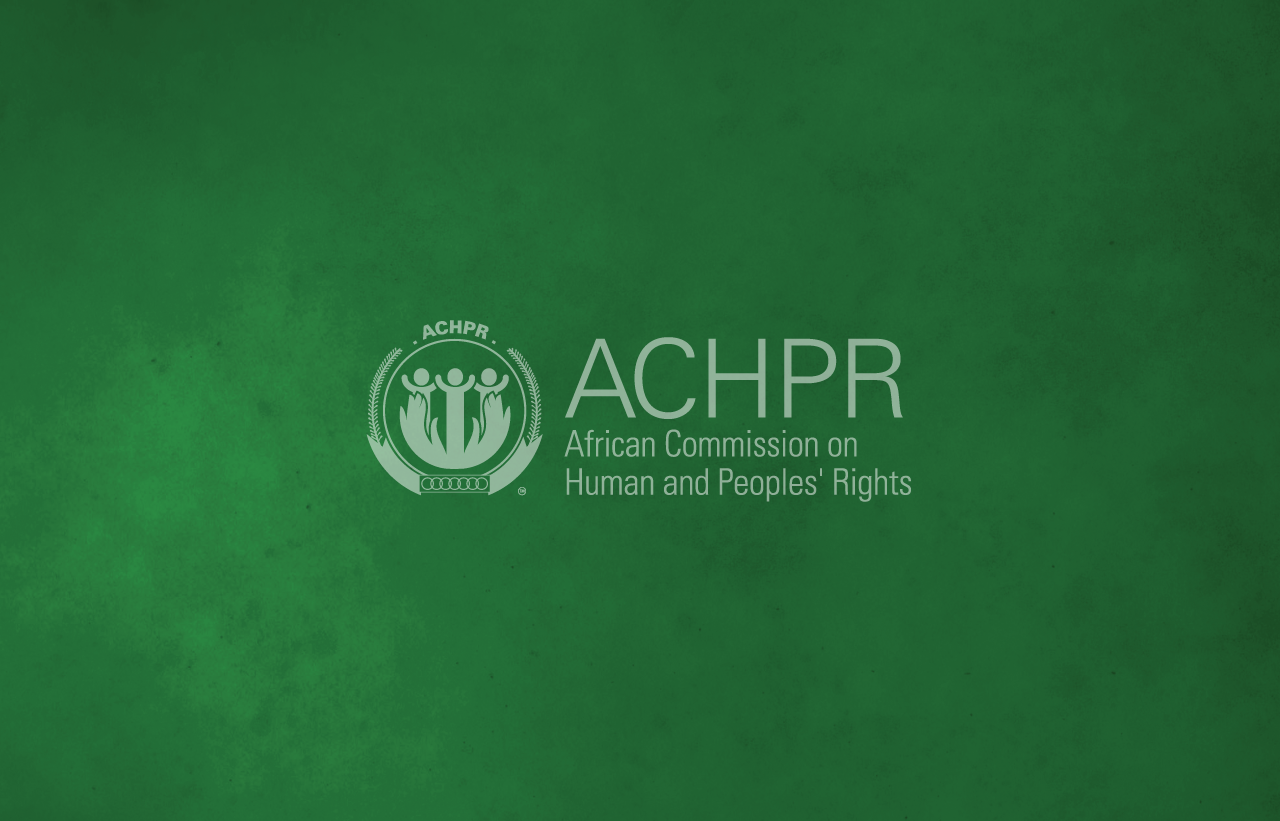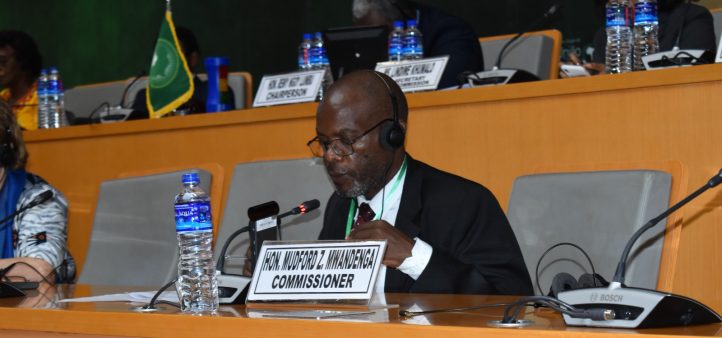On 21 June, Special Rapporteur on Internally Displaced Persons (IDPs) Paula Gavira Betancur presented her annual report on the planned relocation of people in the context of disasters and the adverse effects of climate change.
‘At the end of 2023, there were 68.3 million people internally displaced by conflict and violence. This was an increase of 49 percent from 5 years ago,’ Gavira said. She also added that ‘7.7 million persons were internally displaced at the end of 2023 because of floods, storms, earthquakes, wildfires and other disasters,’ a number that did not include ‘displacement due to slow onset disasters like sea level rise and environmental degradation’.
The Special Rapporteur made it clear that, as climate change intensifies, internal displacement is expected to increase.
Her report also warned that communities are not consulted in relocation processes, receiving only limited information, and facing legal uncertainties over land tenure in relocation areas. Thus, citing the right to self-determination and to cultural identity, the Special rapporteur stressed that States must fulfil their obligation to ensure that affected populations are informed, consulted and involved in the decision-making process leading to their relocation.
Special Rapporteur Gavira also highlighted the role of human rights defenders in a context of worsening impact of the climate crises and increasing displacements.
In the Interactive Dialogue that followed her presentation, Lobsang Yangtso, a Tibetan activist, delivered a statement on behalf of ISHR, recalling countries’ very different realities in tackling displacement and the protection of IDPs.
Taking note of the Special Rapporteur’s visit to Mozambique, ISHR called for adequate legal provisions to enhance the protection of IDPs and their access to food, water, shelter, and health care. This also includes incorporating in its legislation the Kampala Convention.
In Mexico, in addition to climate change related mobility, communities have been displaced as a consequence of violence from organised crime. Since the country’s general election on 2 June, 4,187 people have been displaced from the municipality of Tila, in the country’s southern state of Chiapas. ISHR called for the adoption of pertinent legislation to guarantee access of justice and remedies to IDPs.
In Tibet, the Chinese government planned the construction of the Kamtok hydropower station in the Derge region, which will cause many villages to be submerged and will thus displace thousands of Tibetans and destroy several ancient and culturally important sites, including Buddhist monasteries. ISHR urged States to take measures to prevent displacement in the context of megaprojects.
Speaking on the situation in Gaza, the Special rapporteur said that ‘nearly 83 percent’ of its population is now displaced. ISHR emphasised that the international community has failed to end Israel’s policy of forced displacement of the Palestinian people. ISHR called on States to ensure accountability and the realisation of the Palestinians’ inalienable rights to self-determination and return.
ISHR also asked Special Rapporteur Gavira about the measures States had to take to ensure support for human rights defenders working with IDPs. In her closing remarks, Gavira responded that defenders play an ‘indispensable role’ in advocating for the rights of displaced persons by being a ‘crucial link’ between authorities and IDP communities and by monitoring and reporting violations to States and the international community.
You can read ISHR’s statement here.




